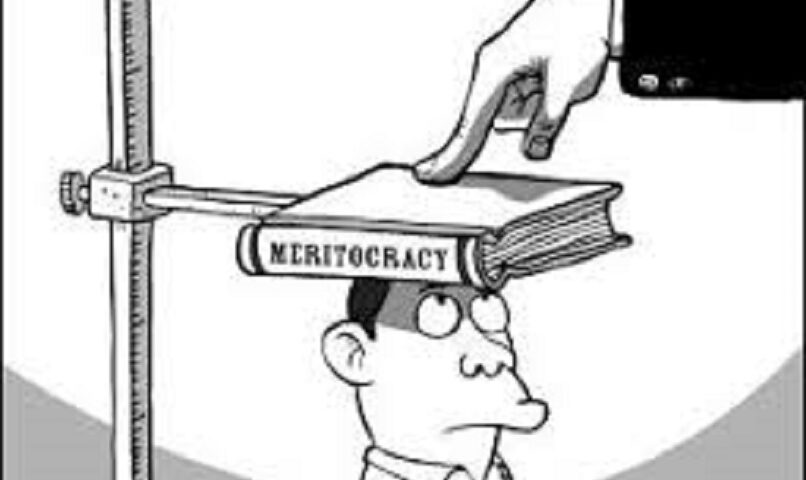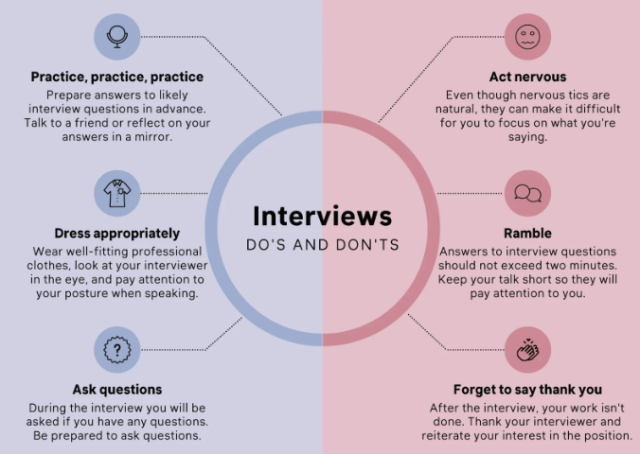Understanding the Societal Bias Highlighted by Class 12th Results
By: Javid Amin
The recent declaration of the class 12th annual (regular) examination results by the Jammu and Kashmir Board of School Education (BOSE) has sparked a wave of celebrations and acknowledgments for the achievers, particularly the toppers. However, amidst the applause, a stark reality looms—society’s glaring neglect of those who could not pass the exam. This phenomenon not only underscores the societal bias towards success but also raises critical concerns about the emotional well-being of students who do not make the grade.
The pressure to succeed in these pivotal exams is immense, and the societal reaction to these results highlights a dangerous trend. The spotlight on the top performers overshadows the struggles of those who falter, creating a culture that glorifies success and stigmatizes failure. This article delves into the societal implications of this trend, the psychological impact on students, and the necessary steps to create a more balanced and supportive educational environment.
The Celebration of Success and the Silence of Failure
When the BOSE declared the class 12th results, the focus was almost entirely on the achievers. Of the 93,340 students who appeared, 69,385 passed, resulting in a pass percentage of 74%. Girls outshone boys, securing the top three positions across all streams—Science, Commerce, Home Science, and Arts. While boys achieved a 72% pass rate, girls surpassed them with 77%.
Despite these commendable statistics, the fate of the 24,000 students who did not pass the examination went largely unnoticed. The day of the results was marked by tragic incidents—a female student in South Kashmir’s Kulgam district died of a heart attack upon seeing her result, and a male student from Srinagar committed suicide after failing. These incidents serve as grim reminders of the extreme pressure and competition students face.
The Pressure of Societal Expectations
In today’s competitive environment, students are thrust into a rat race at an alarmingly young age. The societal narrative that success in class 10th and 12th exams defines one’s future exacerbates this pressure. Celebrations for those who pass and the deafening silence for those who don’t highlight a societal truth: “Success has many fathers while failure has none.”
The Psychological Impact
The emphasis on academic success has dire psychological consequences. Prof. Arshad Hussain from the Department of Psychiatry at Government Medical College (GMC), Srinagar, describes a culture where post-result celebrations coexist with added stress for those who fail. He emphasizes the need to change this mindset, advocating for screening films like ‘12th Fail’ in schools to illustrate the resilience required to overcome failure.
“The movie aptly and sensitively deals with failures. The concept of restarting and rebooting after failure needs to be taught to every young person as that is the essence of life,” says Prof. Hussain. He warns that elevating the class 12th results to a pedestal of success makes students impulsive and vulnerable.
Case Studies of Tragic Outcomes
Unfortunately, these issues are not new. Several tragic instances have been reported in the past, where students unable to cope with academic pressure took extreme steps:
- Sopore, 2019: A 19-year-old student committed suicide by jumping into a river after failing the class 12th examination.
- Budgam, 2019: A female student committed suicide after performing poorly in the class 12th examination.
- Samba, 2019: A woman took her own life after her son failed the class 12th exams.
- Kokernag, 2023: A woman died after learning that her son failed the class 12th exam.
- Nonath, 2021: A 12th-class student committed suicide under mysterious circumstances by hanging himself.
These cases highlight the severe emotional toll that academic pressure can take on students and their families.
The Need for a Change in Perspective
Embracing Imperfection and Prioritizing Mental Well-being Prof. Hussain advocates for a cultural shift towards embracing imperfection and prioritizing mental health over relentless academic pursuits. He stresses the importance of nurturing resilience, instilling a healthy perspective on failure, and creating an environment where every student feels valued, regardless of their exam outcomes.
Encouraging Average Performers Noted academician Zahoor Ahmad Chatt, former Chairman of BOSE and former Director of Colleges J&K, echoes this sentiment. He believes that instead of focusing solely on the success of toppers, the educational system should encourage average performers. “Celebrating positions does not encourage or motivate the average performers; it rather discourages them. Our focus should be on failures and average performers,” he asserts.
Implementing the National Education Policy (NEP)-2020 Chatt highlights the National Education Policy (NEP)-2020, which suggests awarding grades instead of marks and positions in exams. “Issuing merit lists and celebrating the success of merit holders should be discouraged,” he says. This shift aims to reduce the undue pressure on students and promote a more holistic approach to education.
Creating a Supportive Educational Environment
To address these issues, several steps can be taken to create a more balanced and supportive educational environment:
Promoting Emotional Resilience Schools and educational institutions should focus on promoting emotional resilience among students. This includes integrating life skills and emotional intelligence training into the curriculum. By teaching students how to handle stress, failure, and setbacks, we can equip them with the tools they need to navigate life’s challenges.
Encouraging Open Discussions About Failure Creating a culture where failure is openly discussed and normalized can significantly reduce the stigma associated with it. Schools can organize workshops, seminars, and discussions that focus on the importance of learning from failure and building resilience.
Providing Mental Health Support Access to mental health resources is crucial for students dealing with academic pressure. Schools should provide counseling services and mental health support to help students cope with stress and anxiety. Trained counselors can offer guidance and support, helping students develop healthy coping mechanisms.
Celebrating Effort, Not Just Results Shifting the focus from results to effort can create a more inclusive and supportive environment. Recognizing and celebrating the hard work and dedication of all students, regardless of their exam outcomes, can foster a more positive and encouraging atmosphere.
Involving Parents and Guardians Parents and guardians play a crucial role in shaping students’ attitudes towards success and failure. Schools can organize parent-teacher meetings and workshops to educate parents about the importance of supporting their children emotionally and helping them build resilience.
Implementing the NEP-2020 Recommendations Following the NEP-2020 guidelines to award grades instead of marks can help reduce the pressure on students. This approach encourages a broader assessment of students’ abilities and achievements, moving away from the narrow focus on exam results.
Incorporating Real-life Examples and Role Models Introducing students to real-life examples and role models who have faced failure and succeeded can inspire and motivate them. Stories of resilience and perseverance can provide valuable lessons and encourage students to view failure as a stepping stone to success.
Bottom-Line
The societal bias towards celebrating success and ignoring failure has profound implications for the emotional well-being of students. By shifting our focus to creating a more supportive and balanced educational environment, we can help students develop the resilience and perspective they need to handle failure. It is essential to celebrate efforts, provide mental health support, and promote a culture that values learning and growth over mere academic achievements. By doing so, we can ensure that every student feels valued and supported, regardless of their exam results.




